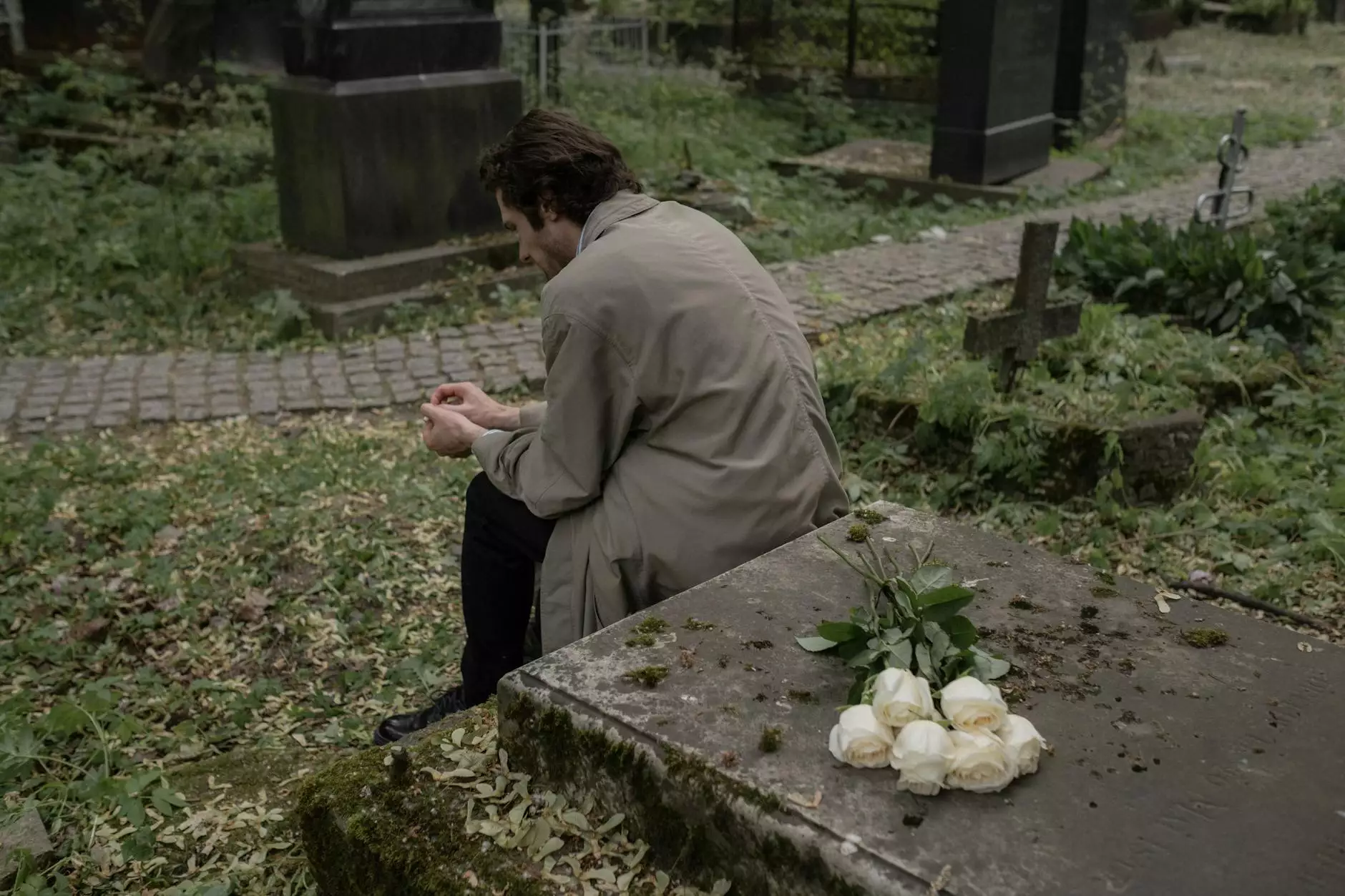Empowering Communities Through Black Churches

In the heart of urban landscapes and rural farmlands alike, the black church represents more than just a place of worship; it is a cornerstone of community and culture. Across the United States, these churches have become vital institutions providing spiritual guidance, social support, and advocacy for justice and equality.
The Historical Significance of Black Churches
The black church movement has deep roots in American history, beginning in the 18th century. This uniquely African American institution was born as a response to systemic racism and oppression. It provided a space where African Americans could worship freely and develop a sense of community. Churches like the African Methodist Episcopal (AME) Church have played significant roles in nurturing civil rights leaders and instilling values of resilience and equity within the community.
Origin and Evolution
Black churches originated from the need for spiritual solace amid the horrors of slavery. Early gatherings were often held in secrecy, allowing enslaved individuals to connect with their heritage and seek refuge in spirituality. As communities evolved, so did their churches, eventually becoming central hubs for social justice and activism during pivotal moments such as the Civil Rights Movement.
Spiritual Guidance and Community Support
One of the primary roles of black churches is to provide spiritual guidance to their congregations. This includes not only traditional worship services but also various programs aimed at personal and communal development. Many black churches offer:
- Bible Study Groups: Fostering a deeper understanding of scripture.
- Prayer Meetings: Creating a space for communal healing and spiritual upliftment.
- Counseling Services: Providing support during personal crises and offering guidance.
- Workshops and Seminars: Focusing on life skills, financial literacy, and health education.
Community Service and Outreach Programs
The mission of black churches transcends worship; they actively engage in community service through various outreach programs designed to meet the needs of their neighborhoods. Some vital aspects include:
- Food Pantries: Addressing food insecurity by providing meals and groceries to those in need.
- Clothing Drives: Collecting clothing for the less fortunate, especially during colder months.
- Educational Programs: Offering tutoring and mentorship for youth, focusing on academic success.
- Health Initiatives: Organizing health fairs and clinics to promote wellness awareness.
Advocacy and Social Justice
Black churches have historically been at the forefront of social justice movements. Leaders from these churches, like Reverend Martin Luther King Jr., have used the pulpit as a platform to advocate for equality and human rights. Today, many churches continue to champion causes such as:
- Voter Registration Drives: Empowering community members to exercise their electoral rights.
- Peace Campaigns: Initiatives that promote non-violence and conflict resolution.
- Advocacy for Systemic Change: Engaging in policy discussions and lobbying for reforms that benefit marginalized communities.
Building a Support Network
One of the most profound effects of the black church community is the establishment of a strong support network. Members find companionship, mentorship, and encouragement in times of adversity. This interconnectedness fosters resilience and promotes overall well-being, making individuals feel valued and supported.
Creating a Sense of Belonging
For many, the black church is not just a place of worship but a family. The inclusive nature of these congregations creates a welcoming environment where all individuals can thrive. Through various ministries and programs, members are encouraged to contribute to the community, whether it’s through volunteering their time or sharing their talents in worship.
Connecting Generations Through Faith
An essential aspect of black churches is their role in passing down traditions and values through generations. Many churches host activities aimed at involving youth and young adults, ensuring that the teachings and values of faith continue to resonate in contemporary society. Programs may include:
- Youth Groups: Engaging younger members in discussions about faith, peer pressure, and social issues.
- Intergenerational Events: Creating opportunities for different ages to interact and learn from one another.
- Scholarship Programs: Supporting young adults in their education pursuits.
Modern Challenges and Opportunities
While black churches stand as beacons of hope and resilience, they also face modern challenges. Decreasing membership in some urban areas, the rise of technology, and the changing landscape of spiritual engagement require adaptation. Churches are innovating by:
- Utilizing Social Media: Engaging younger congregations and reaching broader audiences through platforms such as Facebook, Instagram, and YouTube.
- Online Services: Providing digital worship experiences, allowing members to participate from anywhere.
- Community Collaborations: Partnering with local organizations to combine resources and enhance outreach efforts.
Invitation to Engage and Serve
At Bridge Church NYC, we embrace the mission of empowering our community through the teachings and values found within the black church. We invite you to join us in our journey to serve and uplift our neighborhoods.
Ways You Can Get Involved
There are countless ways to engage with our community and make a difference. You can participate by:
- Volunteering: Join one of our outreach programs or community events.
- Donating: Support our mission through financial contributions or in-kind donations.
- Attending Services: Experience worship with us and connect with our community.
Conclusion
The legacy and influence of black churches in America are profound and far-reaching. They serve as safe havens, community service providers, and catalysts for social change, showcasing the indomitable strength of faith and determination. As we continue to uplift our communities, let us carry forward the rich history and positive impact of these vital institutions.
To learn more about our initiatives and how you can get involved, visit our website at bridgechurchnyc.com.
black churchs








